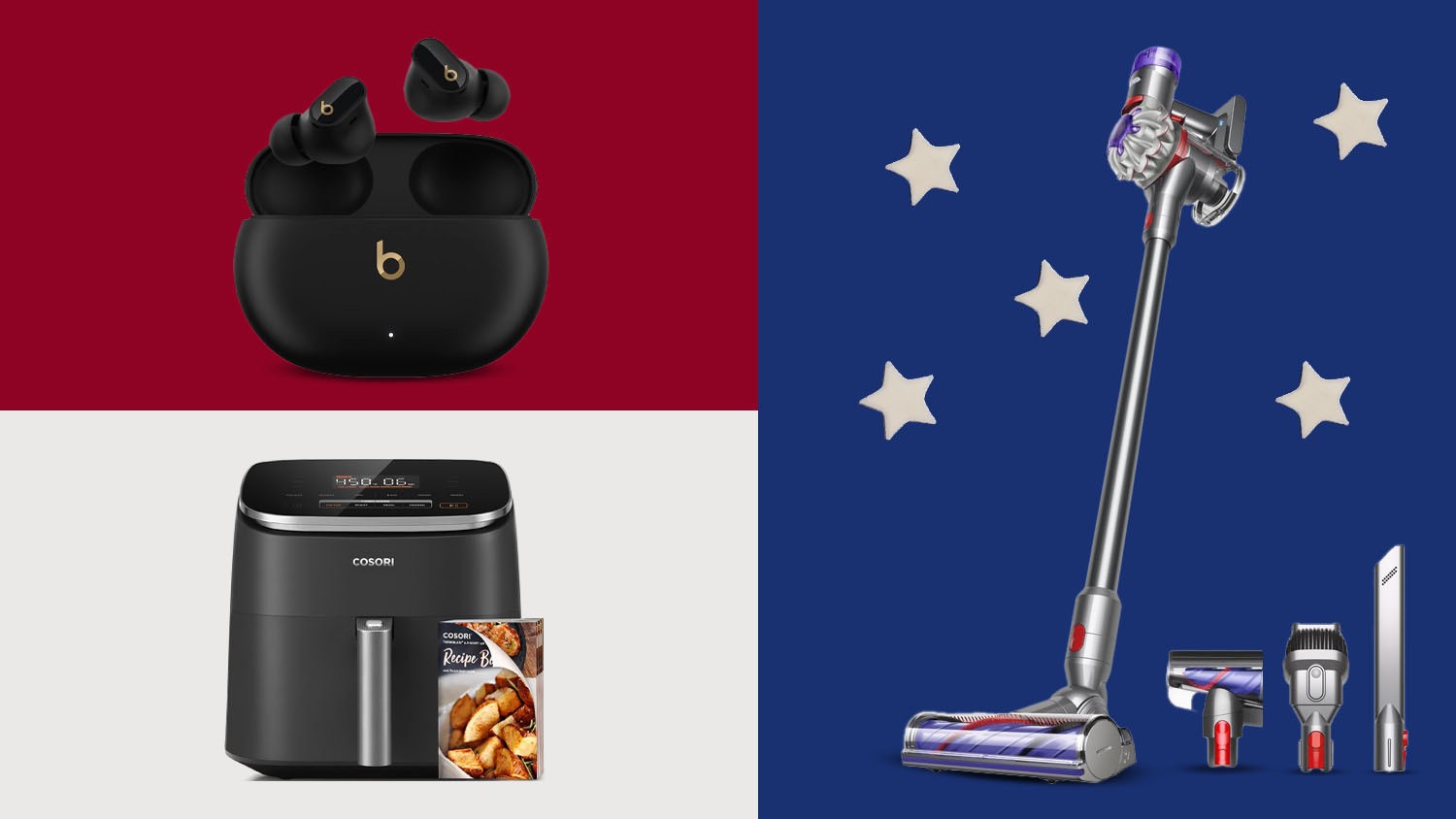MEMPHIS, Tenn. — What Mike Bruns thought would happen to someone else fell flat at his doorstep in March.
“Terrible, terrible fever,” Bruns said. “I was up to 12 Tylenol a day just to keep the fever at 100.”
The otherwise healthy 69-year-old was entering the onset of coronavirus, and by the time he made it to Baptist Hospital, it was serious.
“The night before I went to the hospital, it was the first time in my life I needed to sleep, and I was afraid to fall asleep because I thought, what if I don’t wake up,” Bruns said. “That’s how it was.”
Larry Hopper, systems director for respiratory therapy at Baptist Hospital, said when patients start having difficulties breathing, it’s often because of inflamed lungs that aren’t getting enough oxygen.
“You end up having a situation where a patient can’t breathe,” Hopper said. “It’s not like localized in one part of the lung; it’s diffused all over the lung.”
That’s why supplemental oxygen becomes so important, to ease the breathing and prevent the condition from getting worse.
“As they progress and get worse, you have a condition that sets up the stage for ARDS, which is very hard to treat,” Hopper said.
ARDS, acute respiratory distress syndrome, is one of the major causes of death related to coronavirus, Hopper said. At that stage, respirators and mechanical ventilators become critical.
“It attacks the lung tissue and really causes that to be a major issue and cause for mortality with those particular patients, and it does it at a very fast rate,” Hopper said.
He said people who have other underlying conditions like COPD or obesity can have more problems.
“Ventilating a patient, we don’t really want to get to that particular point, so that’s why it’s so important to follow the guidelines that’s needed relative to social distancing, taking care of themselves and not spreading the virus,” Hopper said.
Bruns said he was in good shape and had not often been sick, but this illness hit him hard.
“Don’t kid yourself,” Bruns said. “I always thought the same thing. It happens to everybody but me, and it didn’t.”
Bruns said he is now fully recovered from COVID-19. He has built up antibodies and is waiting to give blood.















